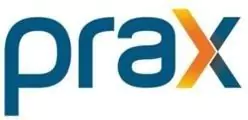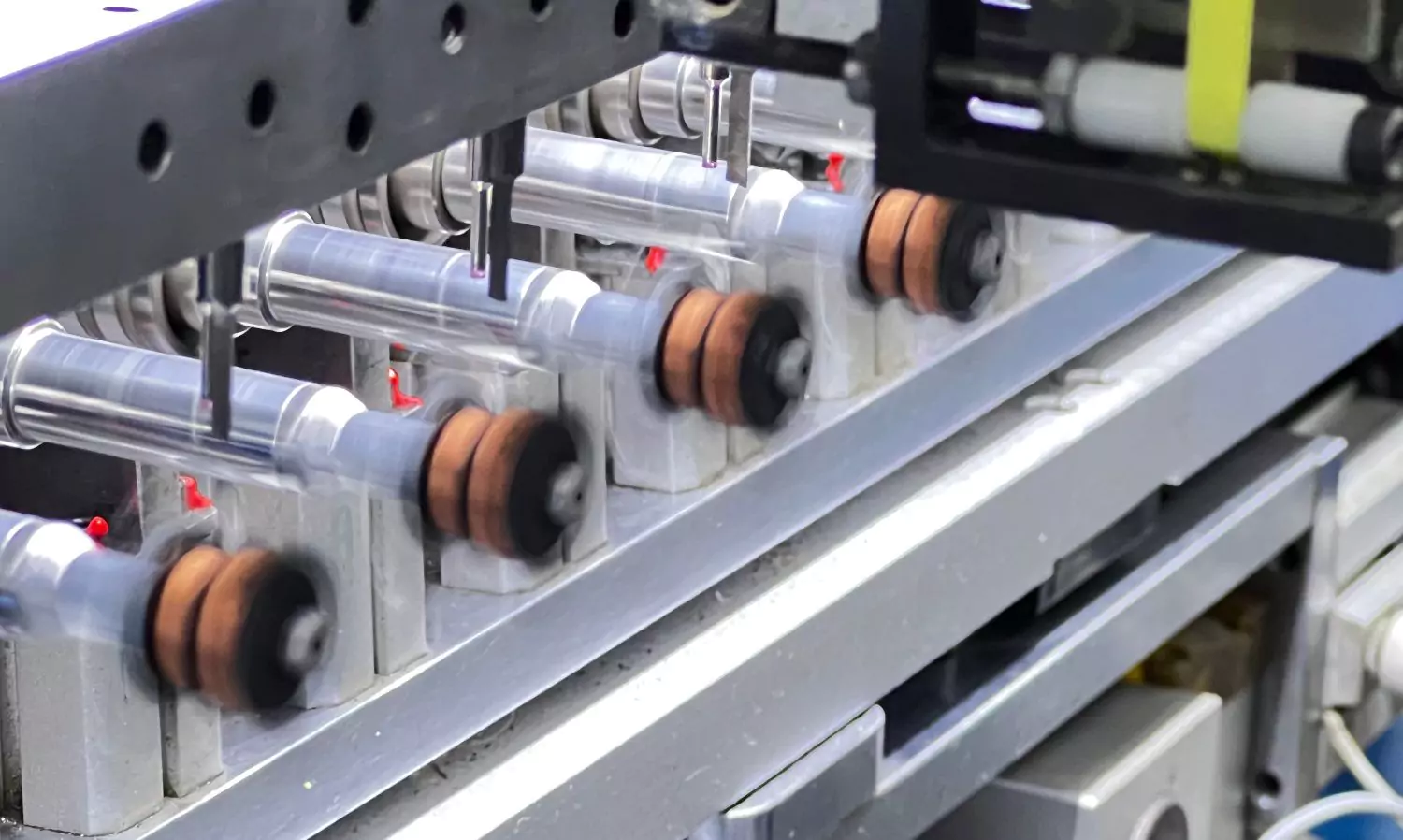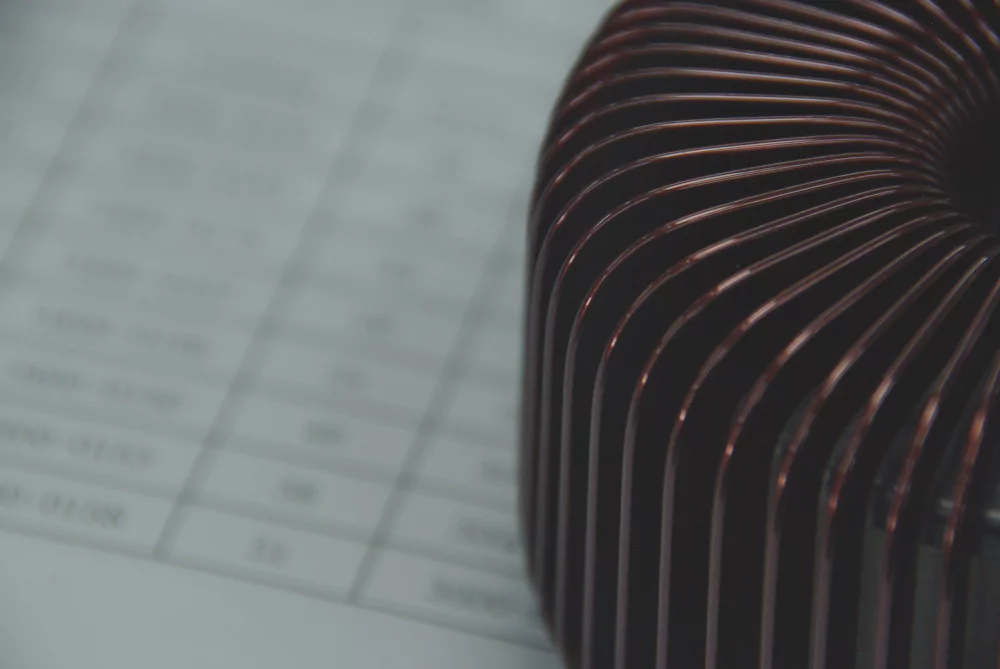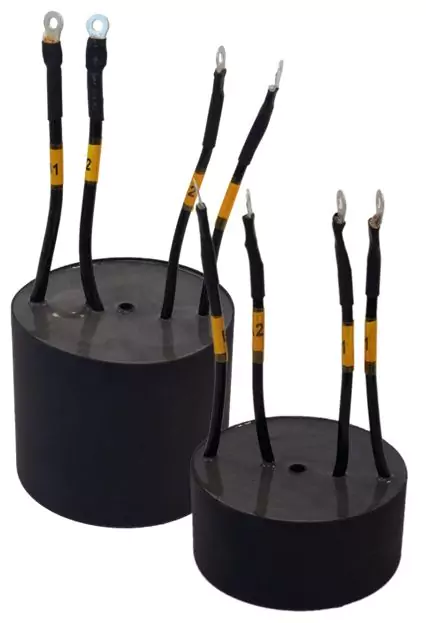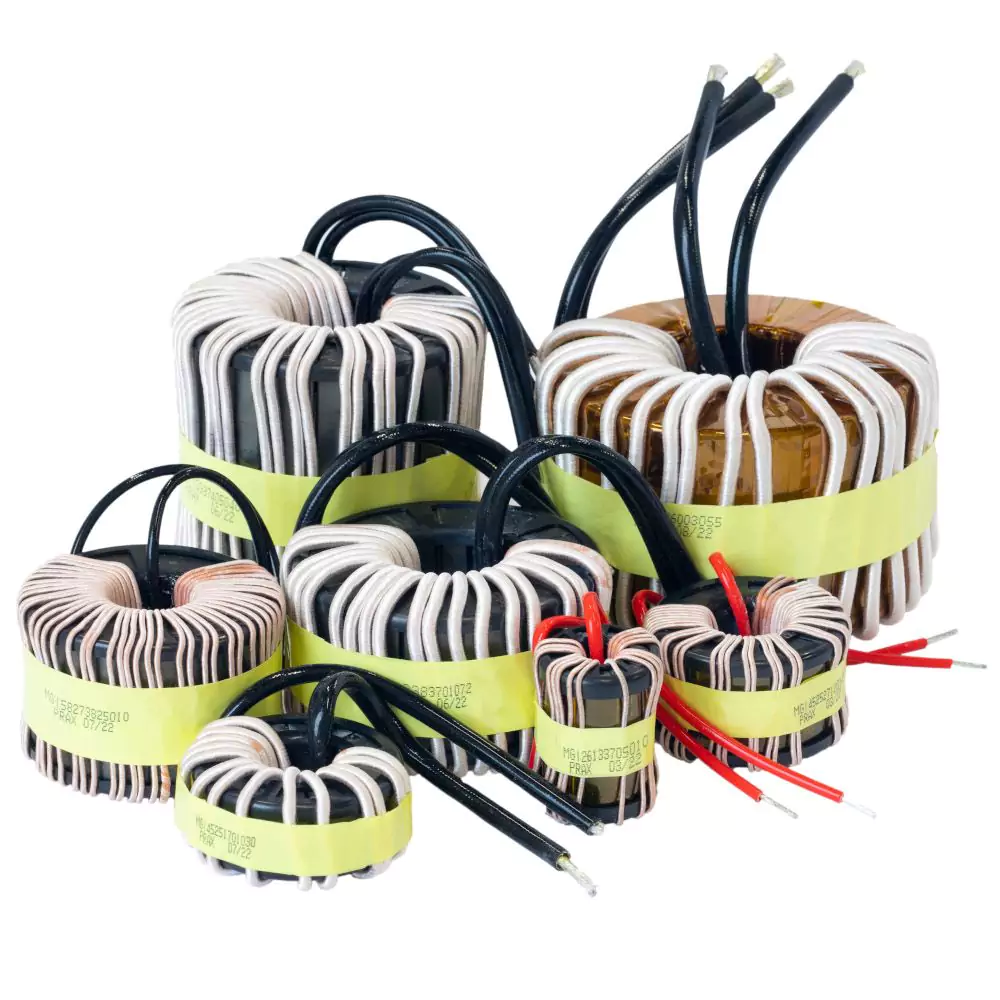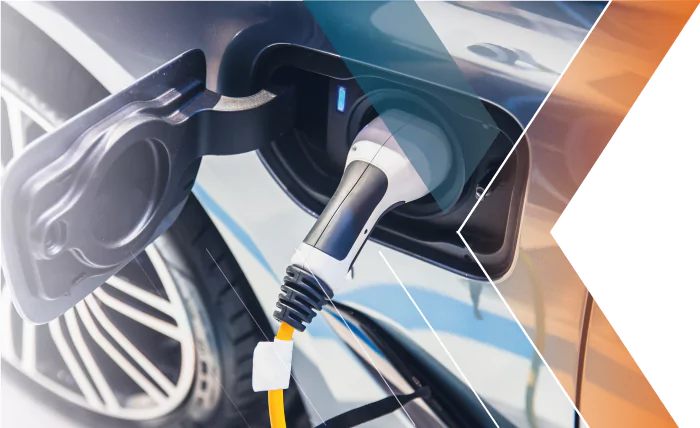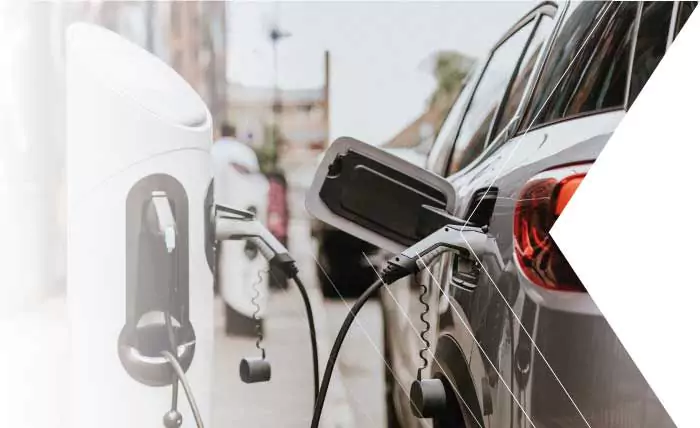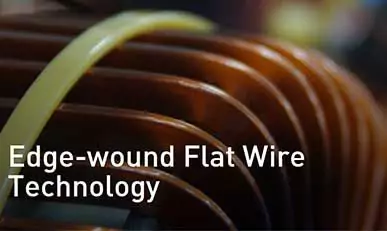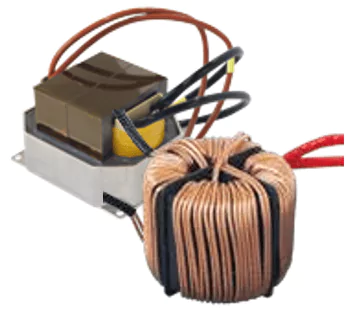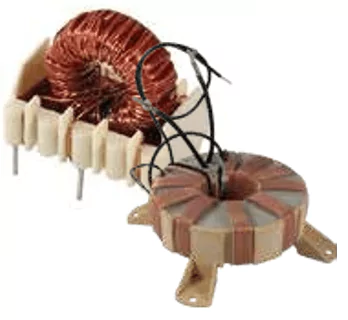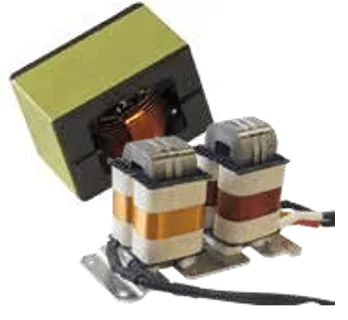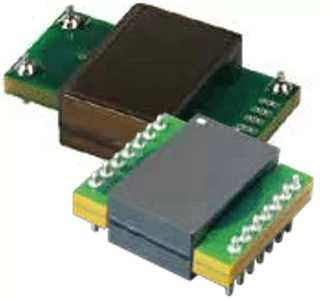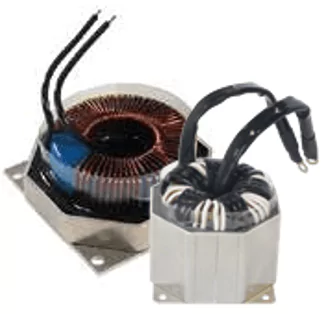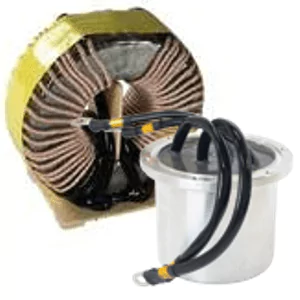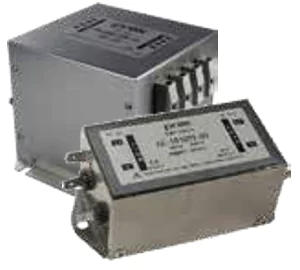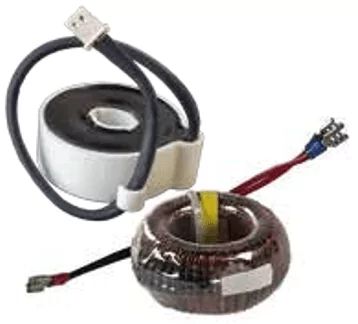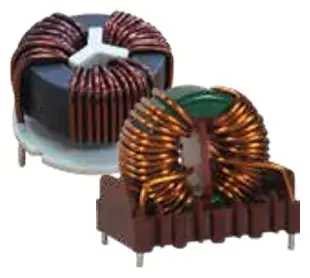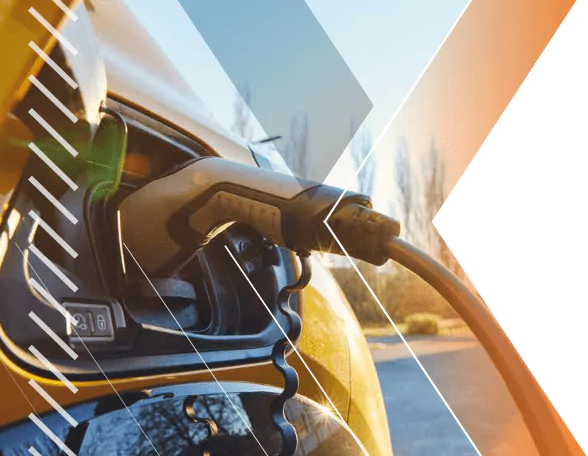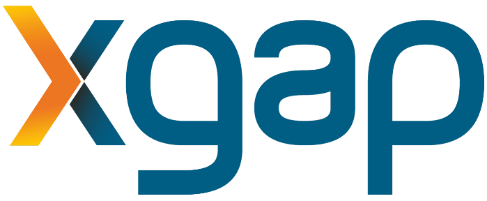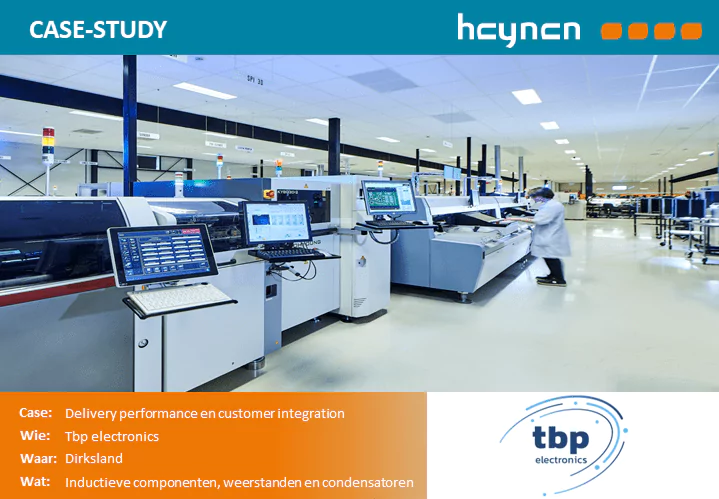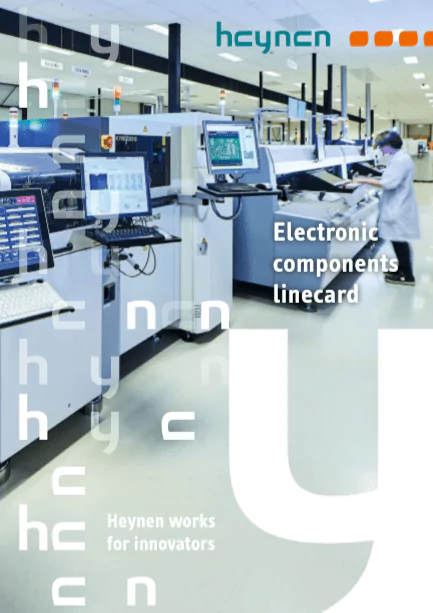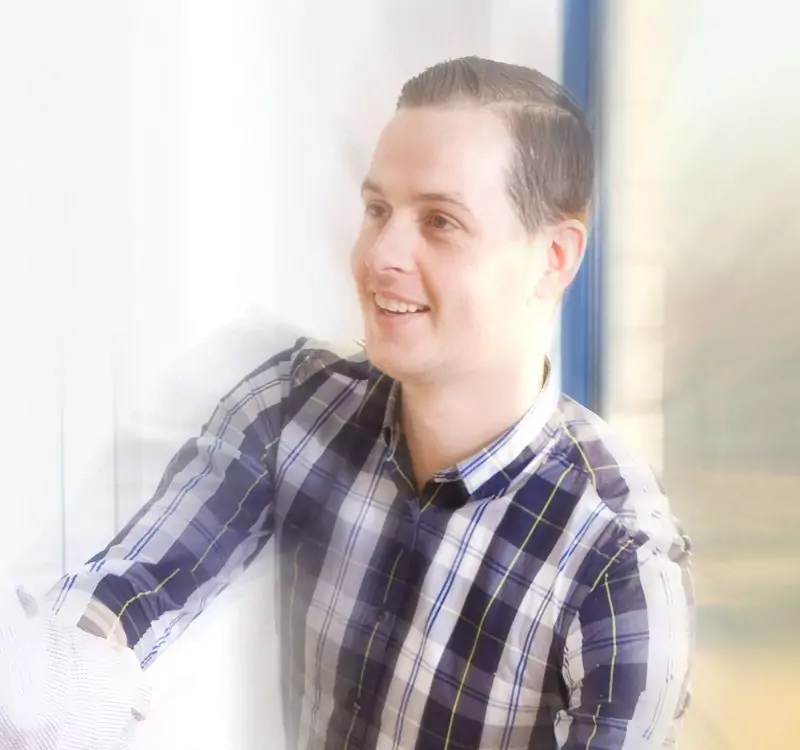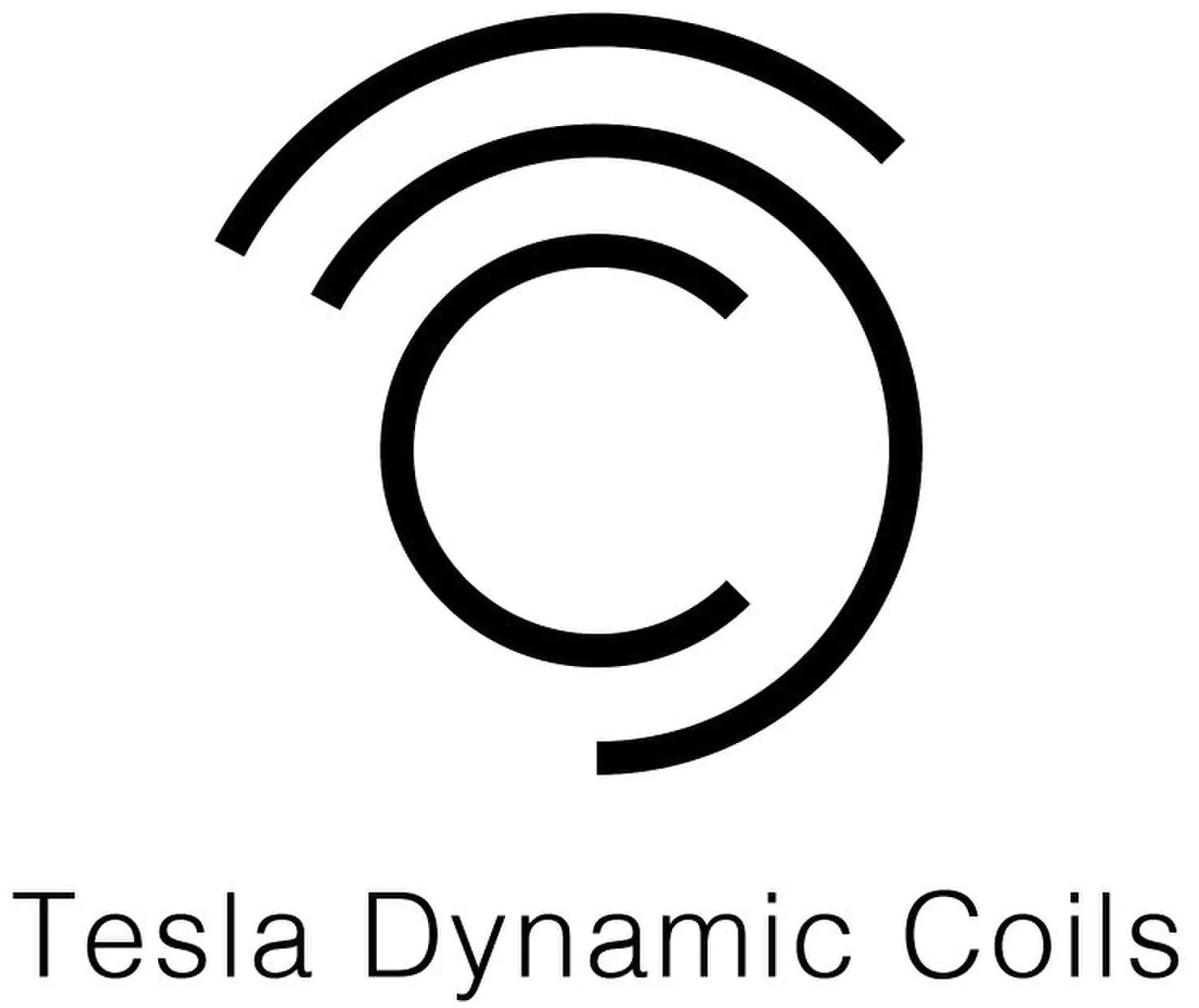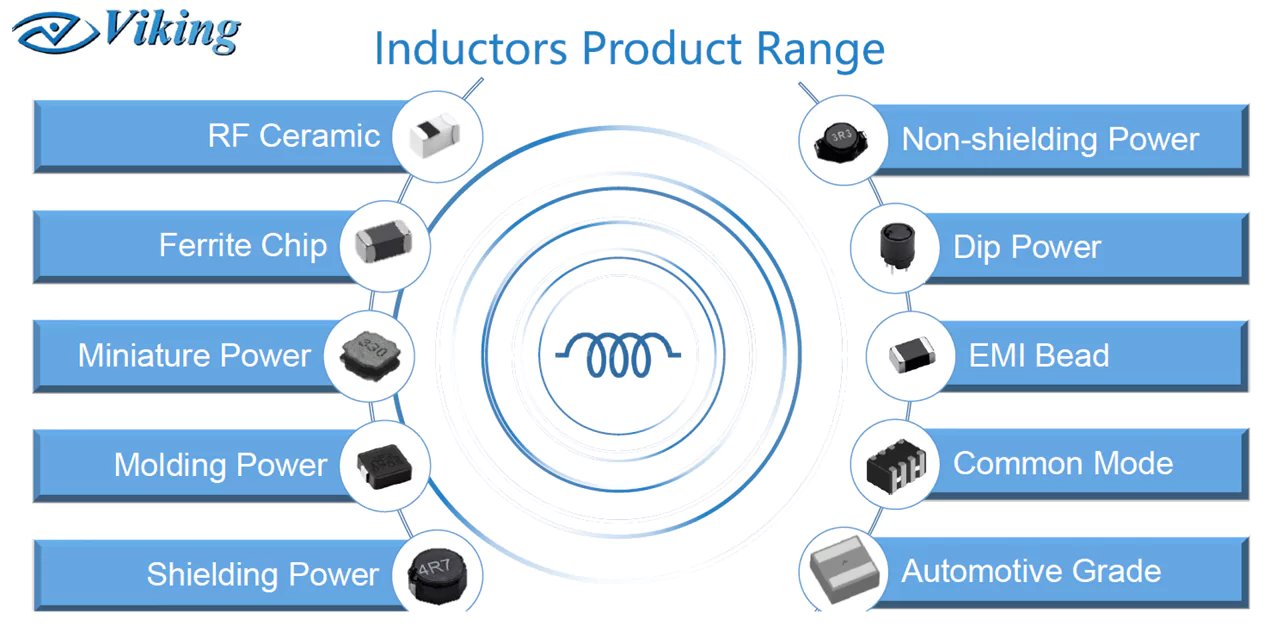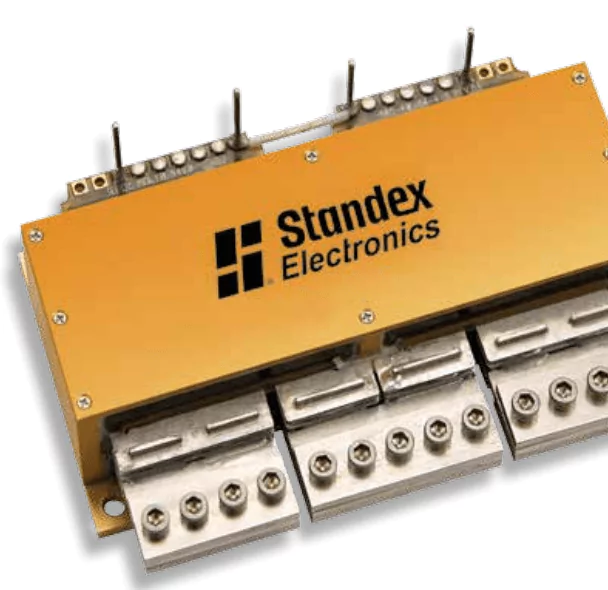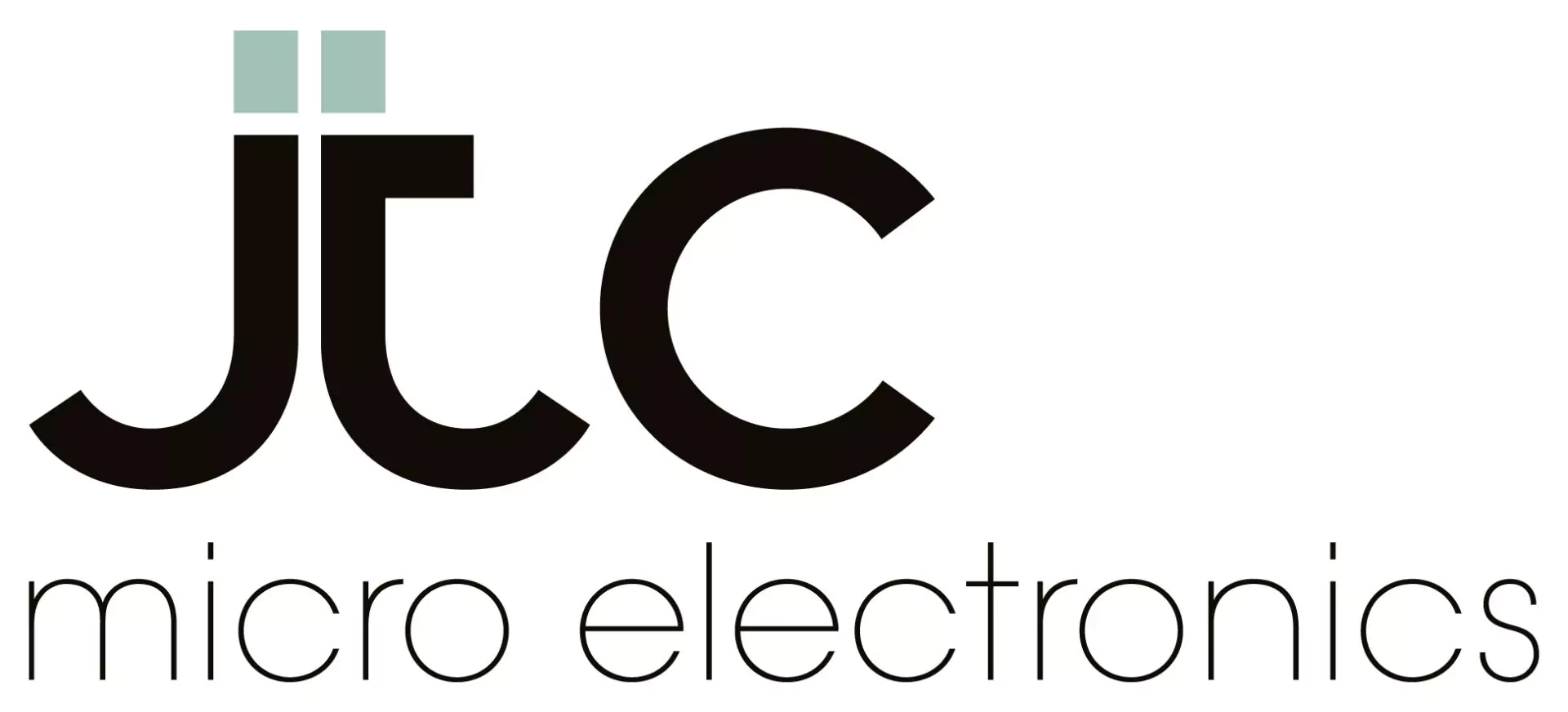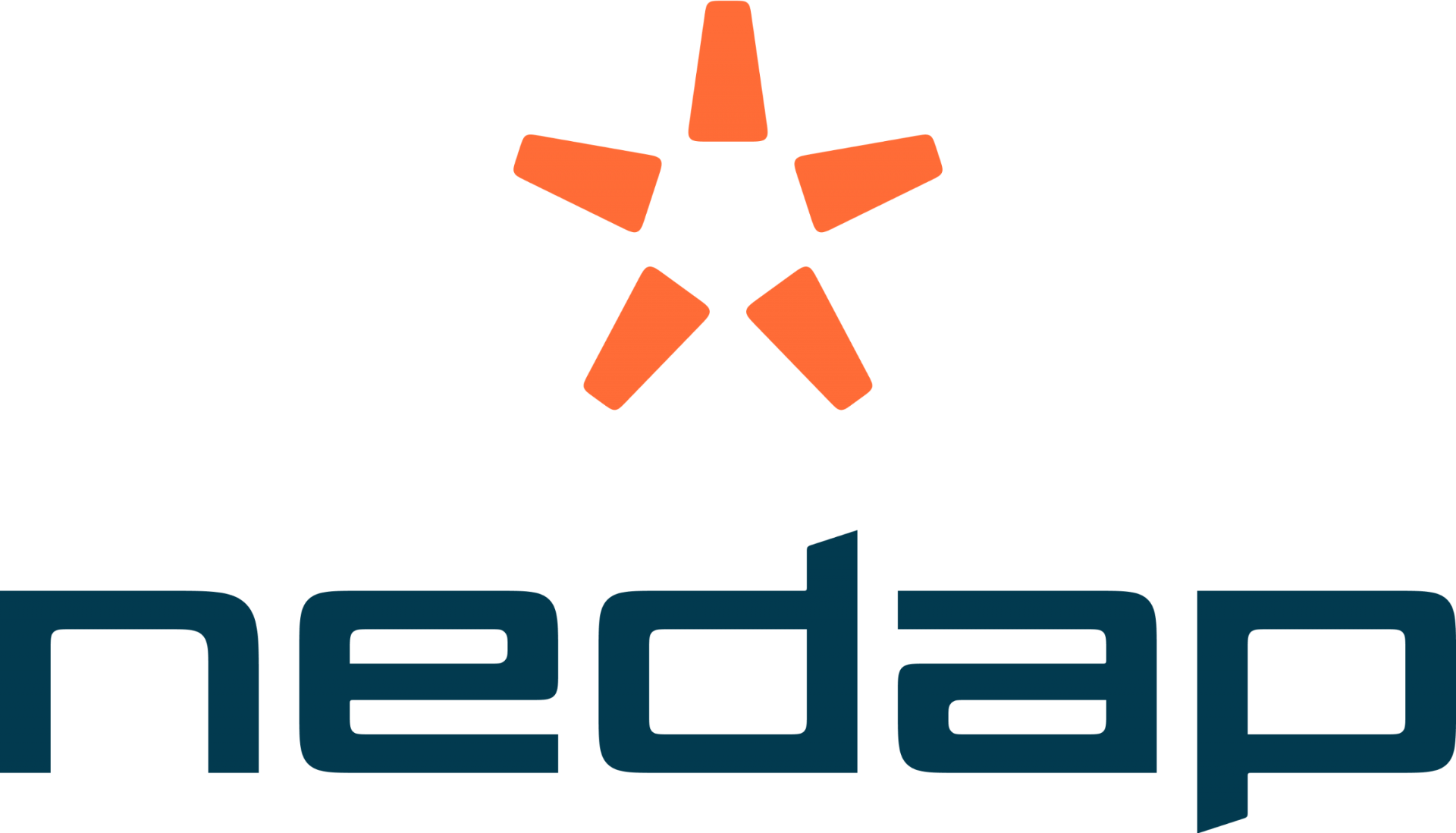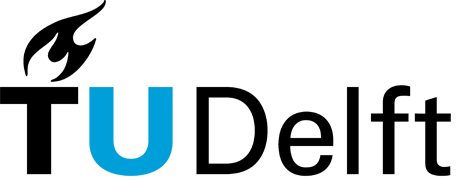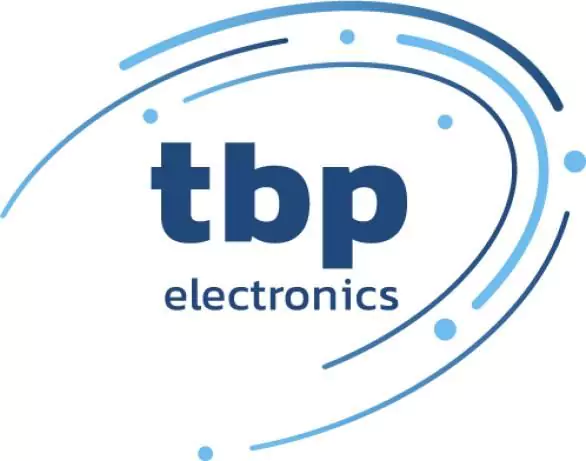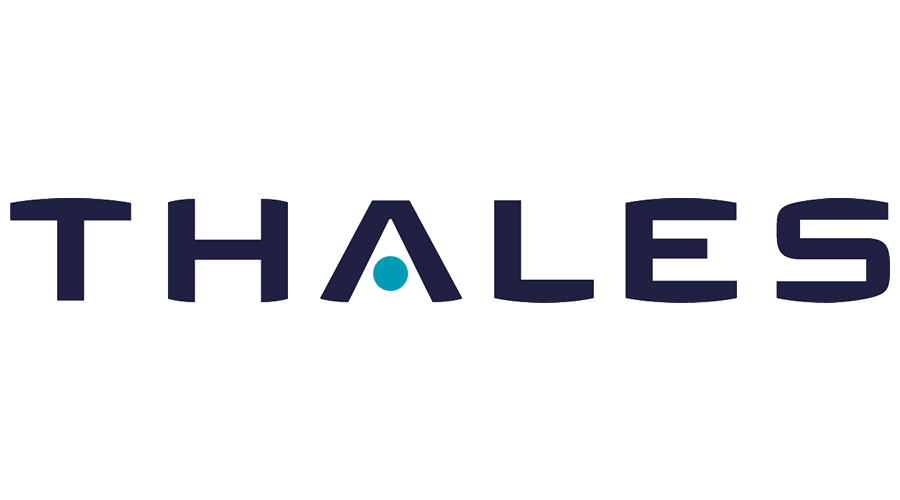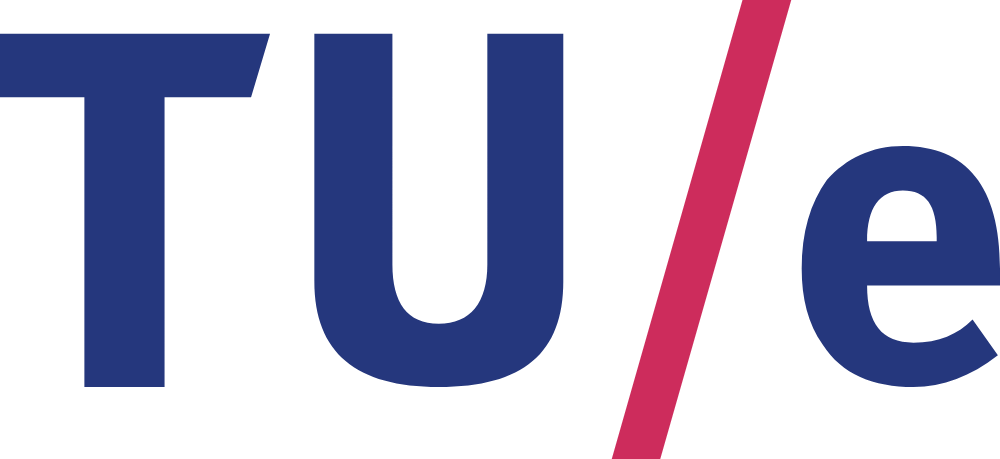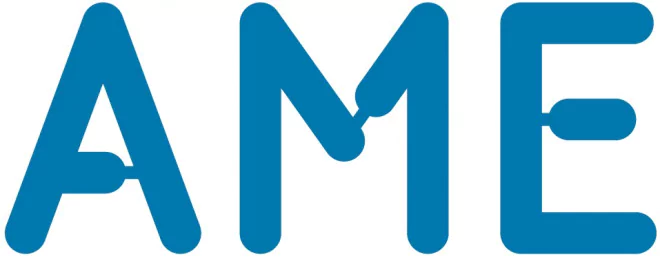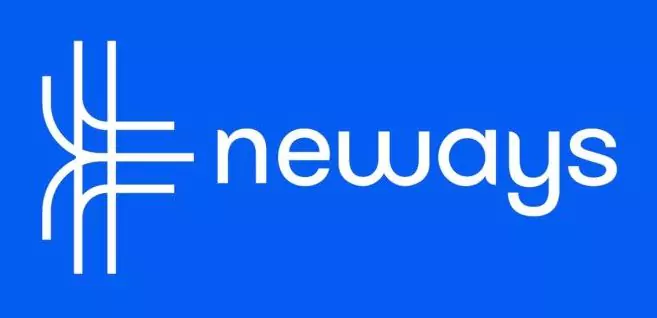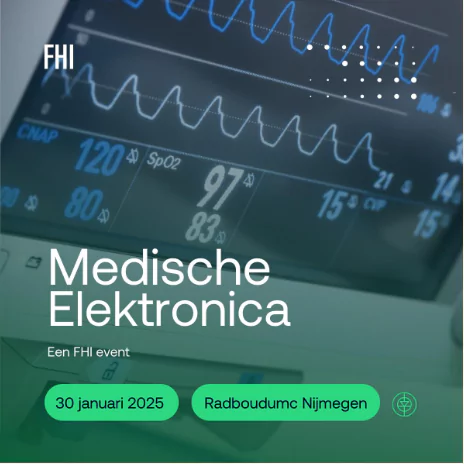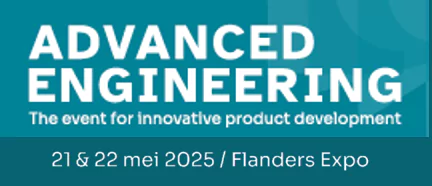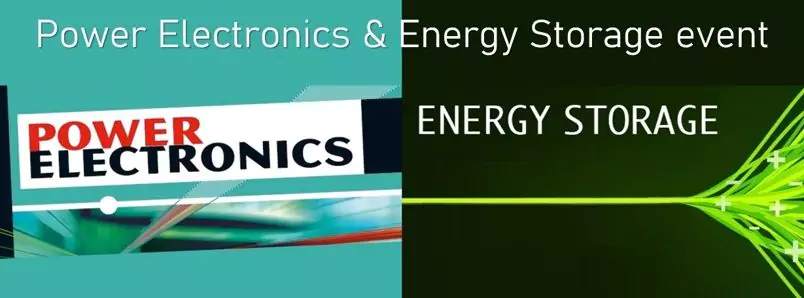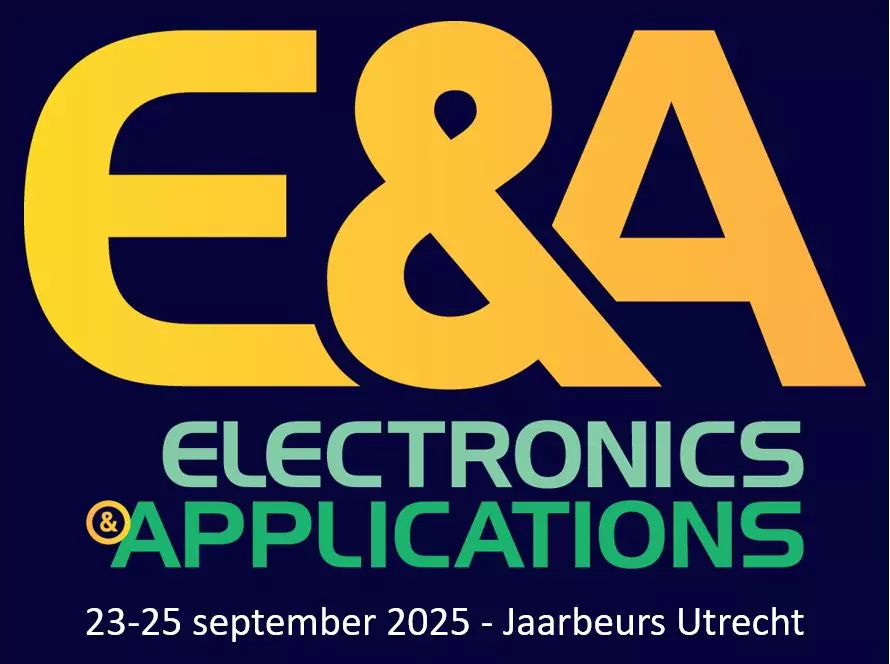Coupled inductors for interleaved topologies
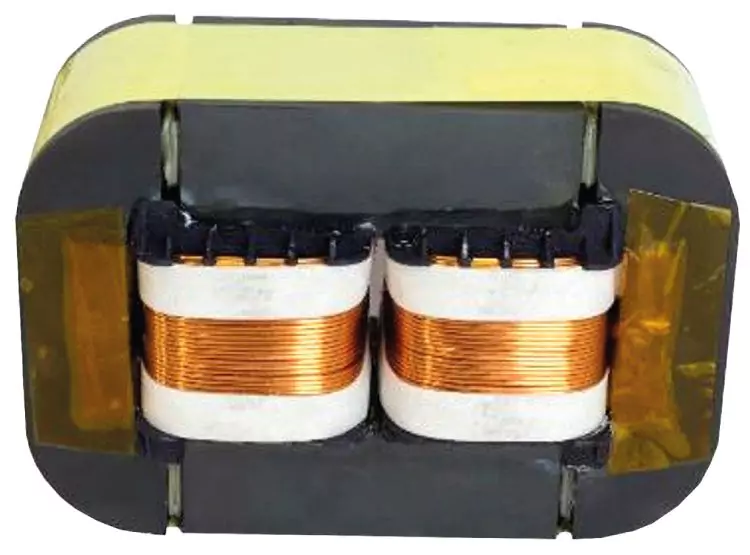
What is coupled interleaved inductor technology?
Interleaving a PFC boost topology is a popular choice for high-power applications where input current ripple, inductor size, and thermal stress are critical concerns.
Coupling the inductors in an interleaved PFC boost topology can provide significant additional benefits in terms of further dimensioning and cost reduction.
It is a valuable technique for further enhancing the performance of any interleaved PFC converter.
How does it work with integrated inductors?
Interleaving consists of connecting two or more inductors in parallel instead of only one, allowing designer to use smaller components when overall system dimensions are critical.
By switching the semiconductors 360º divided by the number of inductors, current ripple is partially cancelled (divided by the number of inductors) reducing the inductance requirement.
The integration of two inductors in one core reduces the total inductance needed due to magnetic flux created inside the core.
Part of the magnetic flux generated by each winding is cancelled allowing to work at higher magnetic flux density making the component smaller.
Each additional inductor implies extra control, so it is needed to find a balance to avoid over-dimensioning.
Output RMS current is reduced dramatically while heating distribution is improved due to less power handled per inductor.
In which applications?
Interleaved topologies are mainly used for boost or buck converters.
A typical application could be a hydrogen fuel cell, where a low voltage needs to be raised to a higher working level.
In this specific case, hydrogen goes into a cell that transforms it to current. Then this current goes through a boost converter raising voltage from 40-60V to 400-800V.
Inductors in a boost or buck topologies are usually the biggest components in the converter, so its designing and optimization is critical.
It can be used in one or multi-phase systems.
Design considerations
- As ripple current is considerably reduced, inductance value can be adjusted accordingly.
- Magnetic flux generated with this configuration is partially cancelled, leading to a reduction of core dimensions.
- By reducing the magnetic flux density we can consider using cheaper materials, such as low losses ferrite.
- A stray magnetic field could appear as a result of the decoupling of the inductors. This could lead to unwanted eddy currents in nearby components generating extra losses in the system.
- Seamless integration. Fully compatible with non-coupled interleaved inductors.
Advantages PRAX differentials
- Integrating two components in one leads to a smaller, more efficient and cost-effective product.
- Including additional lateral cores to channel and control the stray fields can improve the total efficiency of the converter up to 1,6%.
- Reduction of stray fields up to 80%, according to simulations.
- Ability to optimize the design considering a wide range of working conditions such as unwanted offset between branches.
- Capability of performing finite element analysis to validate and optimize design.
Stray fields picturing of other solutions vs Prax.


